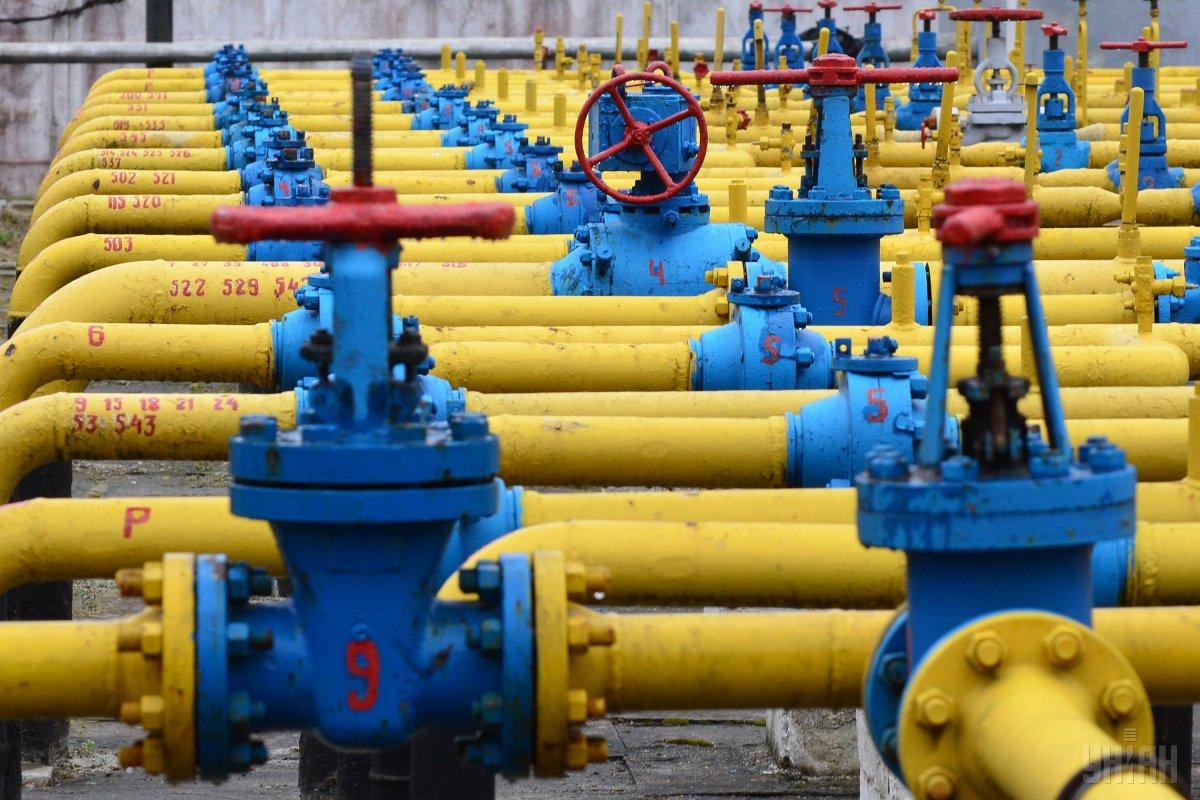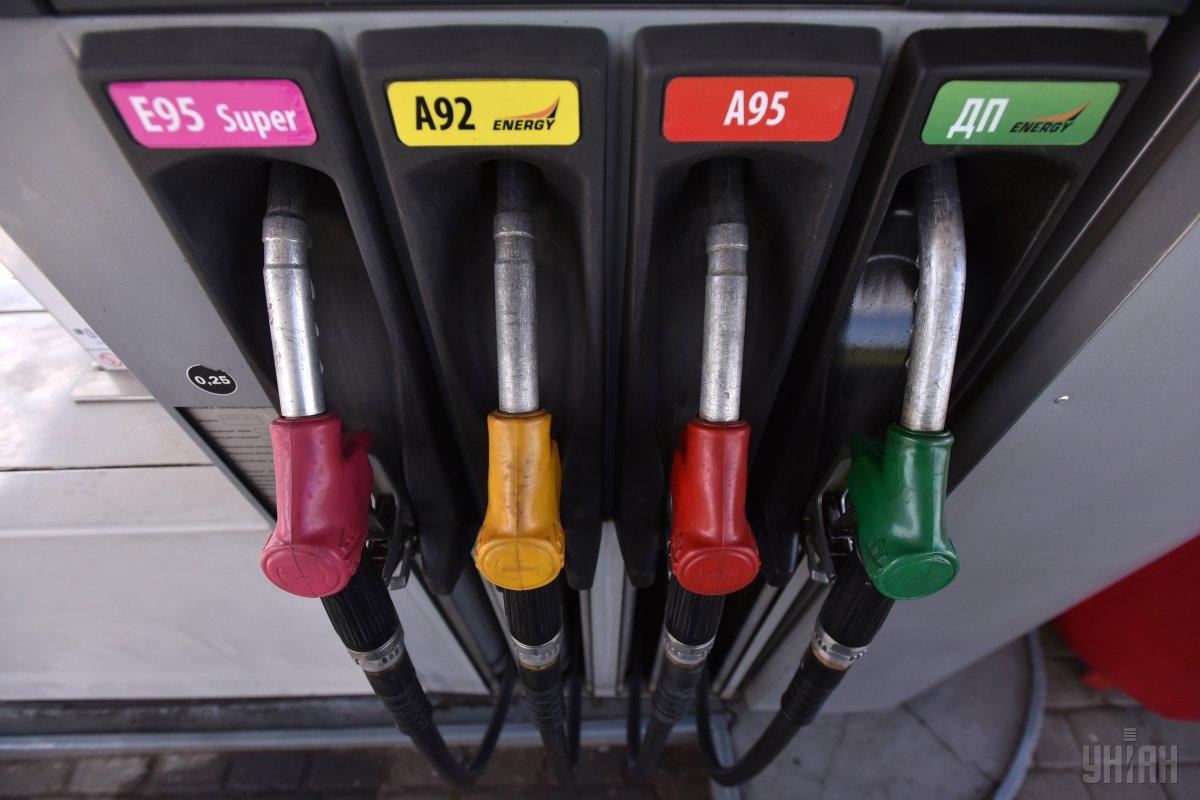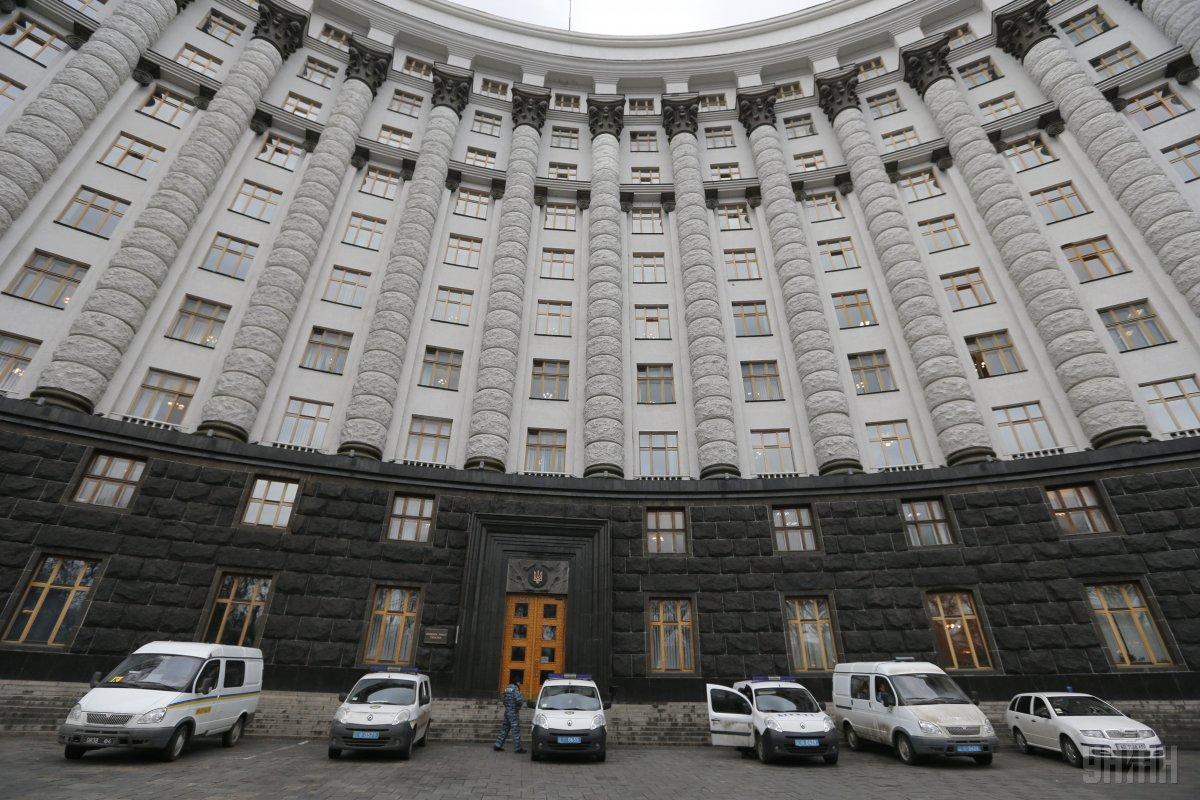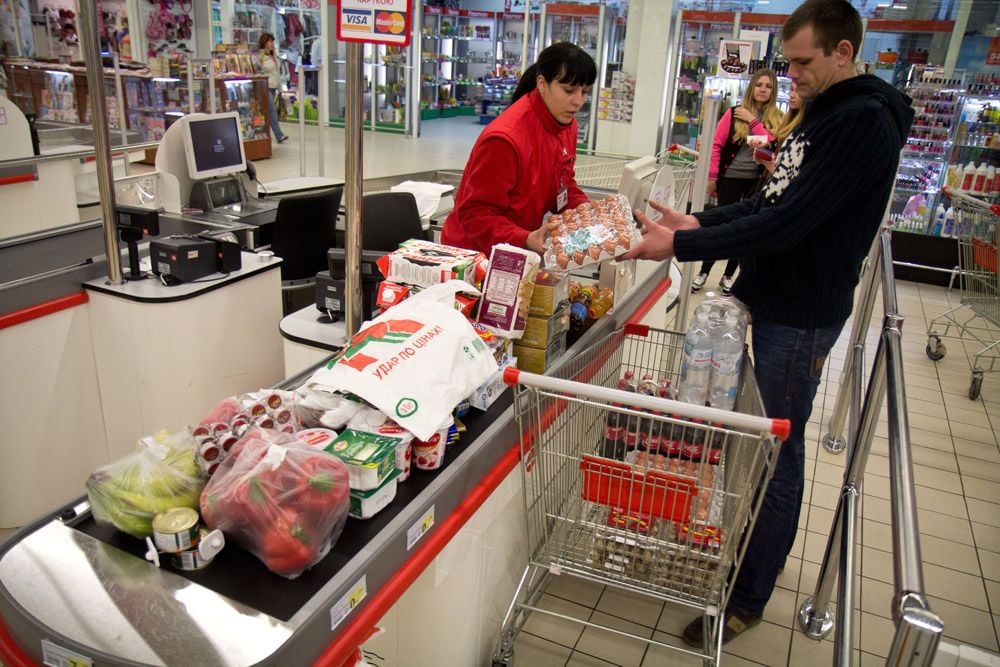
Week's balance: Ukraine continues Russian gas transit, inflation drops to six-year low, while Cabinet proposed new Labor Code
Ukraine continued the transit of Russian gas to the EU, the State Statistics Service said inflation had fallen to a record low over the past six years, while the Cabinet of Ministers unveiled a draft new Labor Code providing for the liberalization of labor relations, albeit criticized by trade unions and experts – these are the main economic developments of the past week.
The crash of a Ukraine International Airlines Boeing 737 flight PS752 Tehran-Kyiv that killed all 176 people on board has become the most devastating disaster in history of Ukrainian civil aviation. It will undoubtedly have long-term implications in many areas, including the aviation sector and foreign economic relations.
The tragedy pushed into the background a number of other important events and emerging trends, many of which will determine the development of the national economy in the coming year.
The first thing worth recalling is the agreement reached with Russia on December 30, 2019, on continued gas transit to the EU under a new five-year contract.

Within a few hours before the New Year 2020 in Vienna, after four-day negotiations, representatives of National Joint Stock Company Naftogaz of Ukraine, the Gas Transport System Operator of Ukraine, and Russian Gazprom signed a package of agreements necessary to continue gas transit until 2024 inclusive.
Over the five years, Ukraine will receive at least $7.2 billion from gas transit, while Gazprom will pump 65 billion cubic meters of gas through the Ukrainian GTS in 2020 and 40 bcm annually over the next four years.
In the first ten days of 2020, Ukraine saw a significant reduction in transit volumes. Naftogaz explained that Gazprom, the Ukrainian company, and European consumers weren't sure of continued transit from January 1, so they were not ready to fully load the GTS.
Meanwhile, in the past week, Russia and Turkey officially launched the TurkStream gas pipeline bypassing Ukraine. This means that gas transit via Ukraine this year will decrease by 15 billion cubic meters against last year's 90 bcm. A number of states, in particular Turkey and Bulgaria, will no longer receive gas through the Ukrainian GTS, which will result in Ukraine falling short of $450 million in revenues annually.
In order to level losses and load the pipe, Ukrainian GTS capacities will be offered to other suppliers. The GTS Operator has already developed a new format for European market participants – short transit. CEO Sergiy Makogon expressed hope that in the coming weeks, first customers will see "how it works in our realities."
Alarming signal for fuel market

In the first working days of 2020, the oil and gas market learned of a halt in the supply of Russian oil to Belarus. For Ukraine, this is an alarming signal, since more than 35% of imported gasoline and diesel fuel comes from Belarus. The fact is that from January 1, 2020, Belarusian oil refineries had their contracts for the supply of oil and raw materials from the Russian Federation expired. The leaders of the two countries have not yet agreed on the terms of the new deals.
Meanwhile, the neighboring country's refineries are operating on stocks that will last until about mid-January so in the near future, termination of gasoline and diesel supplies from Belarus to Ukraine is quite real. Any deficit will entail price hikes. According to Ukrainian experts, in winter, a decrease or termination of deliveries from the main supplier will not be a problem for Ukraine but by the start of the sowing season,, the market will be forced to search for other sources.
However, Ukraine has repeatedly demonstrated the ability to diversify fuel supplies, for example, when Belarus in 2019 suspended pumping through oil pipes over an incident with dirty Russian oil. On the other hand, reducing imports will open up new opportunities for Ukrainian oil refineries to increase own output.
Labor relations reform

Last week, the government unveiled a draft law on the reform of labor relations, submitted for consideration by the Verkhovna Rada. The Minister of Economic Development, Trade and Agriculture Tymofiy Mylovanov, in response to criticism of the draft by trade unions, a number politicians and experts, said that the draft bill "On Labor" strengthens, rather than infringes on the rights of employees, compared with the existing legislation.
One of the controversial provisions is the chapter on the termination of the employment contract at the employer's initiative. More precisely, it's about ambiguous formulations of the reasons for dismissal, which may lead to misunderstandings or even abuse on the part of employers.
Mylovanov reassured the public that employers are already allowed to dismiss anyone as they see fit, but the new Code provides for a much larger compensation to sacked employees. The employer will be obliged to properly and in advance notify the employee of the planned dismissal in writing or via electronic means. If the notice period is to be shortened, monetary compensation can be offered instead.
Trade unions are concerned most about the planned reduction of weekly uninterrupted rest from a minimum of 42 hours to 24 hours. Whether this means that Ukrainians will have only one day off a week instead of two or the bill's authors were simply unclear in their wording will be seen as the draft will be considered in Parliament.
In general, the bill is intended to replace the existing Labor Code with obsolete standards, adopted in 1971, and liberalize labor relations. Among other things, the new Code will allow remote employment and a flexible schedule, which has long been required by the realities of doing business in Ukraine.
Inflation slowdown

The important news of the past week was the report of the State Statistics Service on the inflation rate: in 2019 (December to December of the previous year), it slowed to a six-year low, amounting to 4.1%, whereas in 2018, inflation stood at 9.8%. It is worth noting that the National Bank predicted inflation drop in 2019 to a level of 4-6%. In December 2019, consumer prices decreased by 0.2% against November.
Natural gas prices in December decreased by 28.7% in annual terms, eggs – by 14.6%, fuel and oil – by 8.2%, shoes – by 3%, and clothes – by 2%. The largest increase in prices was recorded for railway passenger transport, (19.2%), fruit (18.8%), hot water and central heating (14.4%), and education services (13.5%).
The National Bank reported more significant news: the country's international reserves in 2019 increased by 22% and as of January 1, 2020, amounted to $25.3 billion, reaching a seven-year high. In the last month of last year alone, reserves grew by more than 15%, or $3.37 billion. The growth was due to a favorable situation in the forex market as a result of further acceleration of economic growth and a steady inflow of foreign capital. The NBU called the result additional evidence of a strengthening macro-financial stability, which was achieved despite the holding of presidential and parliamentary elections.
Next week, the country will return to its normal working rhythm. Parliament will resume plenary meetings and possibly start a delayed process of considering a land market bill, which already has over 4,000 amendments to it.
Anna Bredikhina

